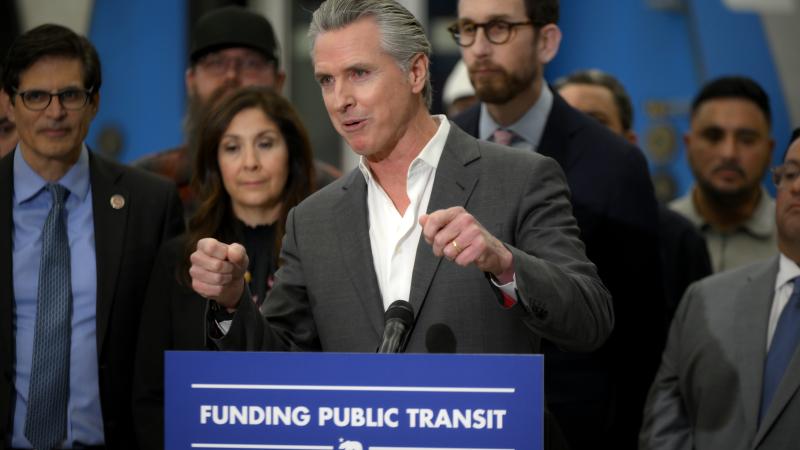Pennsylvania considers subsidizing electric school bus transition
The program would allow interested school districts not only to apply for grants to purchase electric school buses, or ESBs, but also for funds to offset the costs of charging infrastructure and installation and depot and facility upgrades. Ongoing technical assistance will also be provided.
Pennsylvania school districts wanting to transition to electric school buses may be getting help from the state in the future.
The Pennsylvania House Education Committee recently voted 14-11 along party lines to advance a bill that would provide school districts with funds to buy electric school buses and the infrastructure to support them.
House Bill 1542, sponsored by Rep. Brandon Markosek, D-Monroeville, if passed by the General Assembly, would establish an Electric School Bus Grant Program administered by the state’s Department of Education.
The program would allow interested school districts not only to apply for grants to purchase electric school buses, or ESBs, but also for funds to offset the costs of charging infrastructure and installation and depot and facility upgrades. Ongoing technical assistance will also be provided.
“When we see a line of diesel buses idling as they wait for students to climb aboard, we see tax dollars being wasted and harmful exhaust filling the air,” Markosek told The Center Square.
“Moving to electric buses is the right thing to do, but the federal program helping to pay for buses doesn’t help to pay for the charging stations and supporting infrastructure,” he said. “This bill will help make sure school districts – especially poorer urban districts – get the help they need to make the right choice locally.”
The federal government’s Clean School Bus Program prioritizes low-income, rural and Tribal communities, helping purchase new electric school buses, but it does not cover the additional costs that go along with them.
In 2022, 11 school districts in Pennsylvania were awarded rebates in the amount of $40 million. However, the same number of other districts were waitlisted.
On a national level, districts have been slow to make the switch, according to an analysis from Canary.
Committee Minority Chair Rep. Jesse Topper, R-Bedford, urged his members to vote against the measure. He believes the functionality of the product and the price tag are reasons state government should refrain from getting involved in this area.
Citing Mack Trucks in his district and their move to electric vehicles, Committee Majority Chairman Peter Schweyer, D-Allentown, said he supported the bill due to factors discussed previously at the public hearing – not the least of which included forthcoming federal support and aligning with market trends.
According to the U.S. Department of Environmental Protection, the majority of the 500,000 school buses operating across the country are diesel fueled – less than 1% are currently electric.
The agency says the upfront costs of bus replacement and infrastructure are a significant barrier to school districts, but in addition to being better for the environment, can ultimately save in the long run.
















